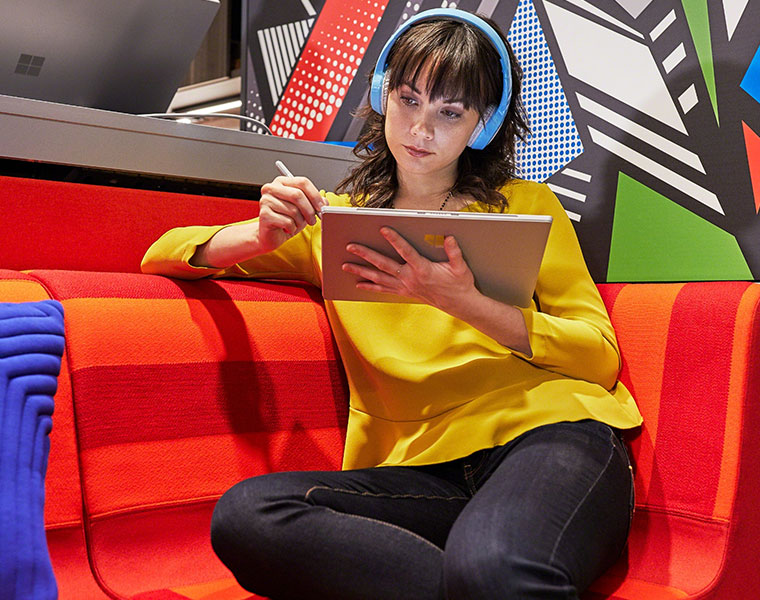Stress is one of the main contributing factors towards mental health problems and by dealing it with it more effectively, both professional and personal wellbeing could be improved dramatically. Workplace wellbeing is an issue close to our hearts here at Penketh Interiors so we wanted to offer our advice on the best ways to improve mental health in the workplace.

Knowing how to manage stress in the workplace is one of the most effective ways to do this but first, let’s get to the root of the problem…
So, what is stressing us all out so much?
Some of the most prominent causes of stress in the workplace could be:
- Pressure to perform, achieve and meet targets
- Unrealistic deadlines
- Overwhelming workload and long hours
- Tension between colleagues
- Financial strain
- A period of change of transition within the business
- Job insecurity
- Boredom or lack of role diversity
Poorly designed furniture could also be a contributing factor as physical discomfort quite often leads to mental distress. A worrying 37% of employees experience an average of 30 minutes of discomfort every day which is why ergonomic commercial furniture is so important.
Ways to show workplace stress who’s boss
People are the driving force behind any business, large or small. Happy staff means increased motivation and productivity, higher standards of work and as a direct result, satisfied customers. Tackling stress would help better issues like anxiety and depression and improve quality of work life in the process.
Here’s how you can improve mental health in the workplace and lower stress levels…

Keep on moving – Physical exercise is great way to release endorphins and improve mental health so encouraging agile working is an effective way to improve workplace wellbeing. Consider incorporating standing or walking meetings into your routine and some Sit and Stand desks to allow employees more flexibility of movement.
You are what you eat (and drink) – Nutritious food and hydration are vital for brain function and energy levels so provide staff with access to plenty of water and healthy snacks. Put a water machine and a fruit bowl in your WorkCafe to encourage rejuvenation and refuelling throughout the day.
Schedule time and space for socialising – Regular breaks away from the desk are top of the priority list for improving workplace wellbeing and reducing stress levels. Create purpose-built social spaces within the workspace where employees can go to relax, unwind and socialise with colleagues.

Stimulating social interaction will also give any members of staff who might be struggling with stress or anxiety to open up to friends or peers. The importance of talking about your issues is one of the main messages that Mental Health Awareness Week aims to promote so giving people in the workplace a means by which to do this is essential.
Two, or three, or four brains are better than one – It’s also a good idea to ensure you’re supporting strong lines of internal communication when it’s time to get back to work too. Collaborative workspaces are a great way for employees to come together in a less formal atmosphere to discuss ideas and feel like their voice and contributions are being heard.
Well all need a bit of ‘me’ time – As well as social spaces and collaboration spaces, it’s also important to provide privacy for those who prefer focused work or need to concentrate without distraction. Not being able to focus on the task in hand could result in frustration, lower standards of work and the potential to miss important deadlines.

Lastly, don’t forget to recognise & reward – As well as making employees feel like their opinions are valid and acknowledged, it’s vital that you remember to recognise and reward their efforts. It’s all too easy to focus on the negatives and overlook the positives when critiquing staff or colleagues but making a conscious effort to say ‘thank you’ or ‘well done’ will go along way towards boosting morale and motivation.
Help us spread the word about improving mental wellbeing in the work place by sharing this article on social media. Don’t forget to tag @PenkethGroup so we can thank you!
